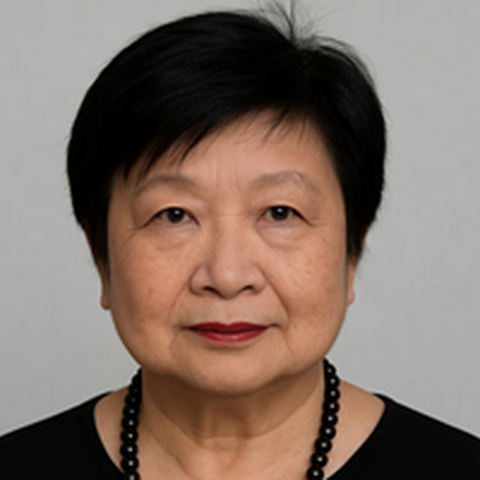Oct 02, 2025
13.10.: Reclaiming Collective Intelligence – Improving System Science for Civilizational Resilience in the Age of AI
Lecturer: Mei Lin Fung
Title: Reclaiming Collective Intelligence: Improving System Science for Civilizational Resilience in the Age of AI
Day: 13.10.2025
Time: 16:40 - 18:10
Room: SCH/A316/H
Short CV:
Mei Lin Fung is a globally recognized technology and policy leader, serving as Vice Chair of the UN AI for Good Impact Steering Committee and Chair of the IEEE SSIT Sustainability Committee. She co-founded the People-Centered Internet with Vint Cerf and currently co-leads the Nehitek Foundation. Her career spans roles at Shell, Intel, and Oracle, where she was part of the original team that pioneered Customer Relationship Management systems.
She has co-authored numerous G7 Think Tank (Think7) policy briefs (2022-2025) on MSME financing, digital public infrastructure, and AI governance. Mei Lin served as socio-technical lead for the US Department of Defense's Federal Health Futures project under Lt. Gen. Bruce Green, bringing Douglas Engelbart's networked improvement communities into federal medicine.
Her current work emphasizes using Digital Public Infrastructure and securitization to finance MSMEs globally, while advancing inclusive science and AI governance. She continues to bridge technical communities (IEEE, ACM, ITU) with policy leaders worldwide.
Abstract:
Engineering has historically shaped civilization by embedding purpose into systems. Today's AI-especially foundational models-are optimized for diverse tasks, yet often overlook the broader consequences for society over time. This paper reframes Systems Science around collective intelligence, drawing on Turing Award winner and the Father of Human Computer Interface, Douglas Engelbart'svision and grounded initiatives in health, finance, and regional participation in AI. We propose a framework for participatory systems design, integrating Input-Output-Outcome-Impact (IOOI) tracking, Project Lifetime Value, Digital Asset Registries, Digital Public Infrastructure (DPI) sandboxes, and co-governance mechanisms. Case studies from the U.S. Federal Health Futures project, Association of South East Asian Nations (ASEAN) Micro Small and Medium Enterprises (MSME) financing, and South East Asia Languages In One Network (SEA-LION) participatory architectures demonstrate how adaptive systems design fosters inclusion, resilience, and long-term improvement. We conclude with a call to reclaim engineering's societal mandate to serve not just the present, but future generations.

